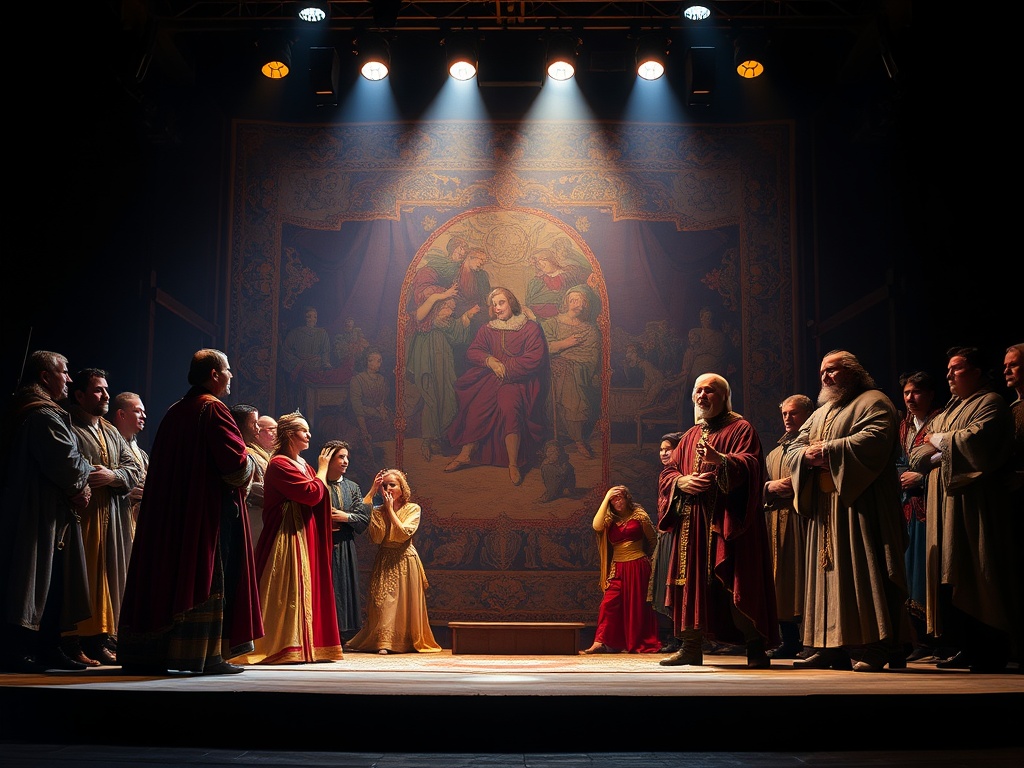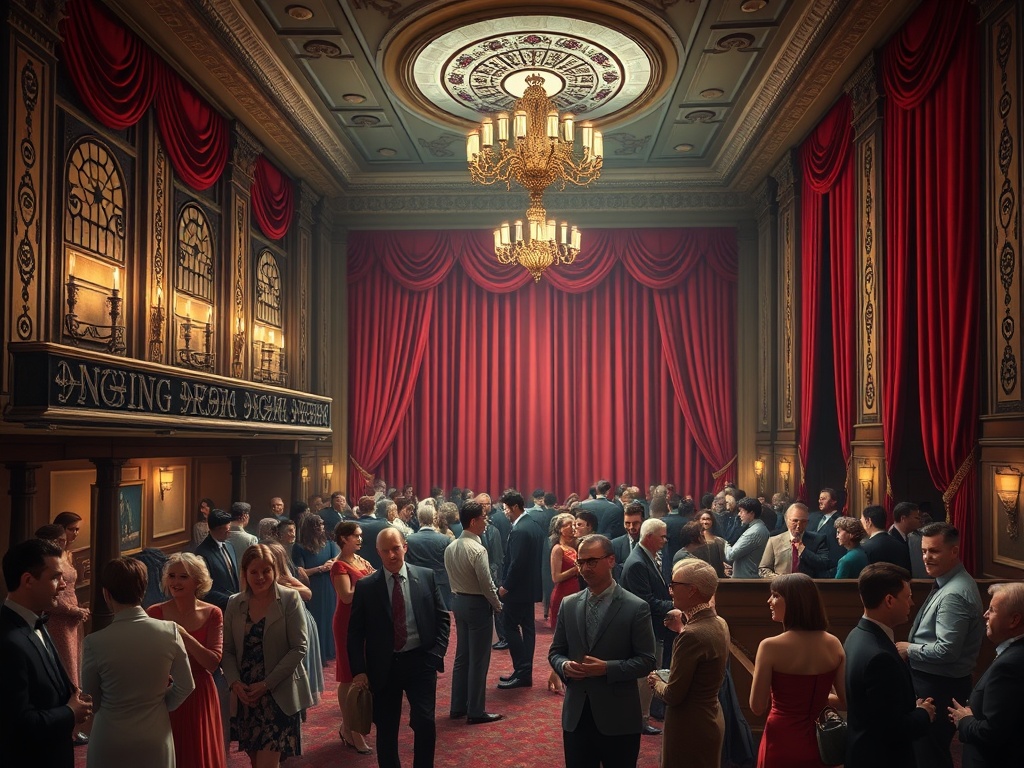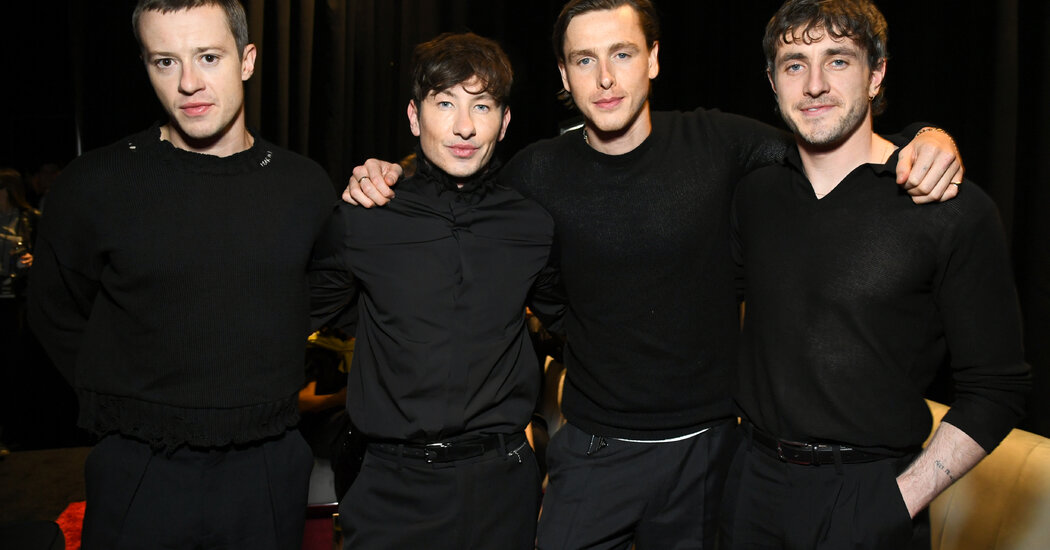The Eccentricities of Theatre’s First-Night Diary

The whimsical nature of theatre’s first-night diary comes to the forefront once more. Recently, we witnessed the extraordinary coincidence of Hollywood luminaries Rami Malek and Brie Larson gracing the West End stage in Greek tragedies on consecutive nights. This week, British talents take center stage in Shakespearean works, featuring Bridgerton star Jonathan Bailey in Richard II, immediately followed by Tom Hiddleston and Hayley Atwell in Much Ado About Nothing. Regardless of how the latter production unfolds, it is undeniable that Hiddleston and Atwell have secured the more accessible drama.
Richard II presents a formidable challenge; it is the opening act in Shakespeare’s historical tetralogy, commencing in medias res, with a complex web of political intrigue, scheming, and betrayal involving a myriad of characters. Audiences would be well-advised to familiarize themselves with the plot and the royal family tree beforehand. Nevertheless, the central conflict remains clear and resonant—a timeless dilemma of the divine right of kings versus the reality of a monarch unfit for the throne.
In this production, Jonathan Bailey portrays Richard, a whimsical and capricious ruler, prone to making impulsive decisions, particularly after indulging in a night of cocaine (a modern twist added by director Nicholas Hytner, as this element does not appear in Shakespeare’s original text). Bailey’s portrayal brims with energy and charisma, providing a refreshing lift amidst the otherwise monochromatic portrayal of power struggles.
When Richard’s uncle, John of Gaunt, passes away, Bailey dramatically flops onto the sickbed, nonchalantly snacking on grapes, infusing humor into the gravitas of the moment.
The transitions between scenes are enhanced by music composed by Grant Olding, echoing the iconic theme of Succession. At its core, this play narrates a fierce power struggle between two cousins, Richard and Henry Bullingbrook (played by Royce Pierreson), who emerges as a pragmatic and efficient figure, later known as the morally conflicted Henry IV.
Richard, ever the showman, theatrically grandstands even during his abdication, ceremoniously handing over his crown to Henry, only to petulantly reclaim it. In a highly symbolic act, the crown proves to be disproportionately large for Henry’s head, underscoring the complexities of power and legitimacy.
Prior to this production, the Bridge Theatre hosted Hytner’s vibrant rendition of Guys and Dolls, where actors mingled with the audience. The versatility of the Bridge space is once again showcased, with an in-the-round seating arrangement that faces a long thrust stage, where props and furniture are swiftly and efficiently introduced. However, despite the impressive staging, the overall experience can feel challenging, leaving some viewers feeling slightly underwhelmed.
To 10 May, Bridge Theatre, London (0333 320 0051, bridgetheatre.co.uk)




